Architectural Concrete Supply Frequently Asked Questions
Free Estimates | Bulk Discounts | On-Site Consultations
Free Estimates
Bulk Discounts
On-Site Consultations
Hours:
Architectural Concrete Supply FAQ
Have a concrete-related question? We have the answer. Check out these FAQs and give us a call today for more information!
-
What is polished concrete?
A cost-effective alternative to carpeting, vinyl, wood, natural stone, or tile, polished concrete is sustainable, easy to clean, and resistant to mildew, mold, mites, and other common allergens. In fact, according to Concrete Decor, industry statistics show that polished concrete is now 15% to 20% of the total flooring installed each year. Existing concrete in almost any condition can be resurfaced and polished with concrete floor products to give your space a significant upgrade at a fraction of the cost of other flooring materials. Once the top layer of your floor is ground down to your desired specifications, you can finish out your project with overlays, stains, dyes, stencils, and decorative patterns, or just leave a natural gray color with your desired sheen. Schools, restaurants, distribution centers, and homes all can have polished concrete floors.
-
Can all concrete be stained?
The two main types of concrete stain include acid stain concrete and water-based, and they can both be used on new builds and existing flooring, indoor or outdoor. Concrete stain penetrates the existing surface, making the condition of the concrete at the beginning of the project very important. That's why, if necessary, we start by removing any material on the surface to assure the color can penetrate and develop to the best of its ability. Call us today to learn more about our concrete floor products.
-
Will the concrete color fade over time?
One of the main benefits of most of today's concrete floor products is that they are UV stable. Since concrete sealer penetrates into the concrete floor itself, as long as surface preparation has been performed correctly, your concrete floors will not peel, chip, or fade over time.
-
What maintenance is required for stained concrete?
Although your concrete stain won't peel off like floor paint, the concrete stain is only absorbed into the top layer of your stained concrete floor. Therefore, you're encouraged to protect your surface by applying a concrete sealer on outdoor surfaces and a floor wax indoors. You will also want to keep your flooring clean with a dry dust mop and with occasional wet mopping using a neutral pH cleaner. When you need concrete floor products, you can turn to our team.
-
Should I seal my concrete?
While concrete is a long-lasting material, over time it does require upkeep. If you need to rehab an existing surface or want to add new flooring, you’ll want to apply a sealer to your surface to extend its longevity. Depending on your space, you may choose a penetrating sealer, a siloxane sealer, an acrylic sealer, a polyurethane sealer, a clear sealer, or a stamped concrete sealer. For concrete sealers and other decorative concrete supplies, contact us today!
-
What are the benefits of garage epoxy flooring?
Garage epoxy has a lot to offer and it makes a very practical choice for your garage. This durable floor system is applied as a liquid and bonds with your concrete floor. Once cured, it stops concrete dusting for good and protects your garage concrete from stains and damage. Our high-grade epoxy floor supplies are formulated to withstand all types of hazards like hot tire pickup, gasoline, oil, impact, moisture, and more. With a garage epoxy floor system, you can enjoy a brighter garage that’s easy to keep clean thanks to a seamless and reflective floor. Garage epoxy is a great investment in your home that can even boost its resale value.
-
How long can a professionally installed epoxy flooring system last?
The longevity of epoxy flooring depends on many factors like the quality of the epoxy, the concrete preparation, where it’s installed, and the hazards it faces. The good news is epoxy that’s installed well can last up to 20 to 25 years in a garage or basement. Just keep in mind your epoxy will need a new clear coat every five to seven years or so to maintain its appearance and performance. Epoxy can even last 10+ years in more demanding commercial settings. Get in touch with us today for reliable epoxy floor supplies to help your floor last longer.
-
What are the different types of epoxy flooring?
Many customers are surprised to learn epoxy floor coatings come in a huge array of formulations. The right type of epoxy flooring will depend on whether the epoxy will be installed in a home garage, food processing plant, warehouse, or hospital. Here are the major types of epoxy flooring available:
- 100% solids epoxy: This is a durable form of epoxy flooring that contains 100% epoxy solids. Compare this to DIY garage epoxy kits and epoxy paint, which may contain anywhere from 10% to 40% epoxy solids.
- Epoxy mortar flooring: This epoxy formulation includes ground quartz and it’s designed for the most demanding industrial environments. Epoxy mortar systems are rated for better chemical and impact resistance.
- Static dissipative epoxy: This formulation includes a conductive compound and it provides electrostatic control properties for industries that involve volatile chemicals and electronic components to avoid injury and damage.
- Quartz epoxy: This type of epoxy flooring is ultra-strong yet decorative and it includes colorful quartz granules for a hard-wearing surface.
- Epoxy flake flooring: This form of epoxy flooring is popular for garages and commercial areas. It has colored epoxy flakes broadcasted over the surface to add an attractive, decorative effect as well as a slip-resistant texture.
- Metallic epoxy: This type of epoxy concrete coating incorporates metallic pigments that are agitated to form a three-dimensional illusion.
Learn more about different types of epoxy flooring and epoxy floor supplies by contacting our team today!
-
Are epoxy floors slippery?
It’s a common misconception that epoxy concrete coatings are slippery. This is easy to understand because epoxy has a seamless and glossy surface. Generally, epoxy is very safe to walk on when it’s clean and dry, with a similar grip to a basketball court. If you are concerned about skid resistance, especially if the floor will get wet such as in a commercial setting or garage, we recommend a slip-resistant additive, epoxy quartz flooring, or epoxy flake flooring, which all offer a textured surface. You can contact us for epoxy floor supplies to help reduce the risks of slipping.
-
How long does it take to install a garage epoxy floor?
It generally takes just one to two days for professional garage floor epoxy installation. Our contractors will begin by making necessary repairs, lifting stains, and diamond grinding your concrete. This is the part that takes the longest. Once the surface is prepped, your epoxy will be installed. Depending on the type of epoxy system you choose, it may take more than one or two days. After installation, your epoxy should be left alone for 24 to 48 hours before it’s ready for light foot traffic. Wait at least five days before you drive on your new garage floor. Get started on your garage epoxy floor or with epoxy floor supplies by calling us today.

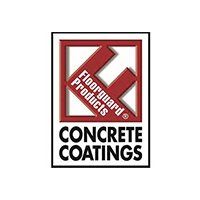

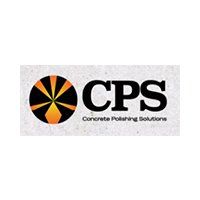
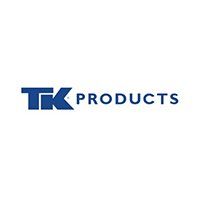
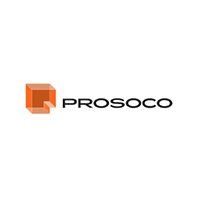
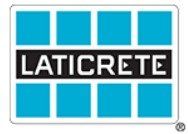
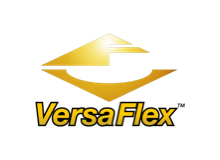

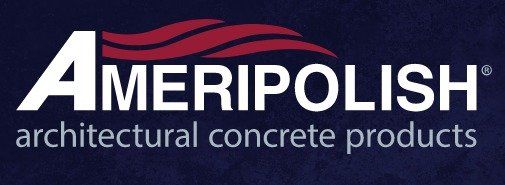
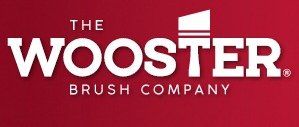

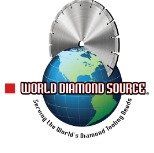
Share On: